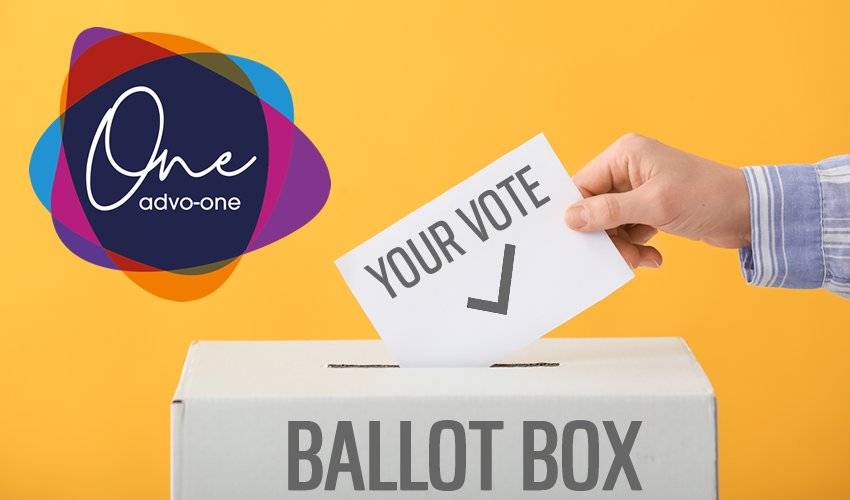The General Election is almost upon us, and we still for certain do not know what the outcome will be!
Many employees will wish to vote and there has been much speculation over the years that a new piece of legislation will be introduced that requires employers to give employees paid time off to vote. However, this ruling is not in place and there is no obligation on any employer to give employees paid or unpaid time off to vote.
The polling stations will be open tomorrow from 7am – 10pm on (4 July) and this should provide ample opportunity for employees to cast their vote. However, if there is any difficulty for any employee, and if requested, it is recommended that employers consider adjusting an employee’s hours on this one day so that they may vote.
At this time, employees may also be discussing their political views in the workplace, which political party they favour etc. and where there are opposing opinions, this could affect working relationships.
However, the expression of political views in the workplace can be emotive and can be an minefield for the employer.
Should an employer take disciplinary action against any employee for expressing their political views, this is laced with risk and the two main claims that an employee could bring for expressing their political beliefs are discrimination and if dismissed, unfair dismissal.
The expression of political views can potentially fall within the Equality Act 2010 definition of ‘religion or belief’. This legal protection under the Equality Act is context dependent. However, where cases have been lodged, the Courts have been increasingly willing to accommodate political beliefs within this framework and there are numerous examples of political beliefs being regarded as protected under the Equality Act. These include a genuine belief in national independence as it relates to Brexit, belief that the UK should not be ruled by a hereditary monarch and in a recent case on 5th February 2024, anti-Zionism was also confirmed as capable of amounting to a protected belief.
In order to avoid discontent in the workforce, it is sometimes suggested that a policy is in place to ban any political discussions. However, banning these types of conversations is extremely difficult to police and enforce but employers should take action to prevent any political conversations becoming disruptive and divisive in the workplace.
There should be a zero tolerance approach to any bullying or harassment and action should be taken when words and/ or behaviour become aggressive and threatening. All employees should also be encouraged to report any incident.
advo recommend that employers remind their employees to be respectful and open-minded when communicating but if at any point, any conversations become heated or disruptive, managers should step in and diffuse the situation before it escalates.
If an employee’s words, actions or behaviour have caused offence, the employer may then have to consider commencing the disciplinary process. This is where it could become very complex with numerous pitfalls and a risk of litigation.
The HR team at advo would always be available to help you.


